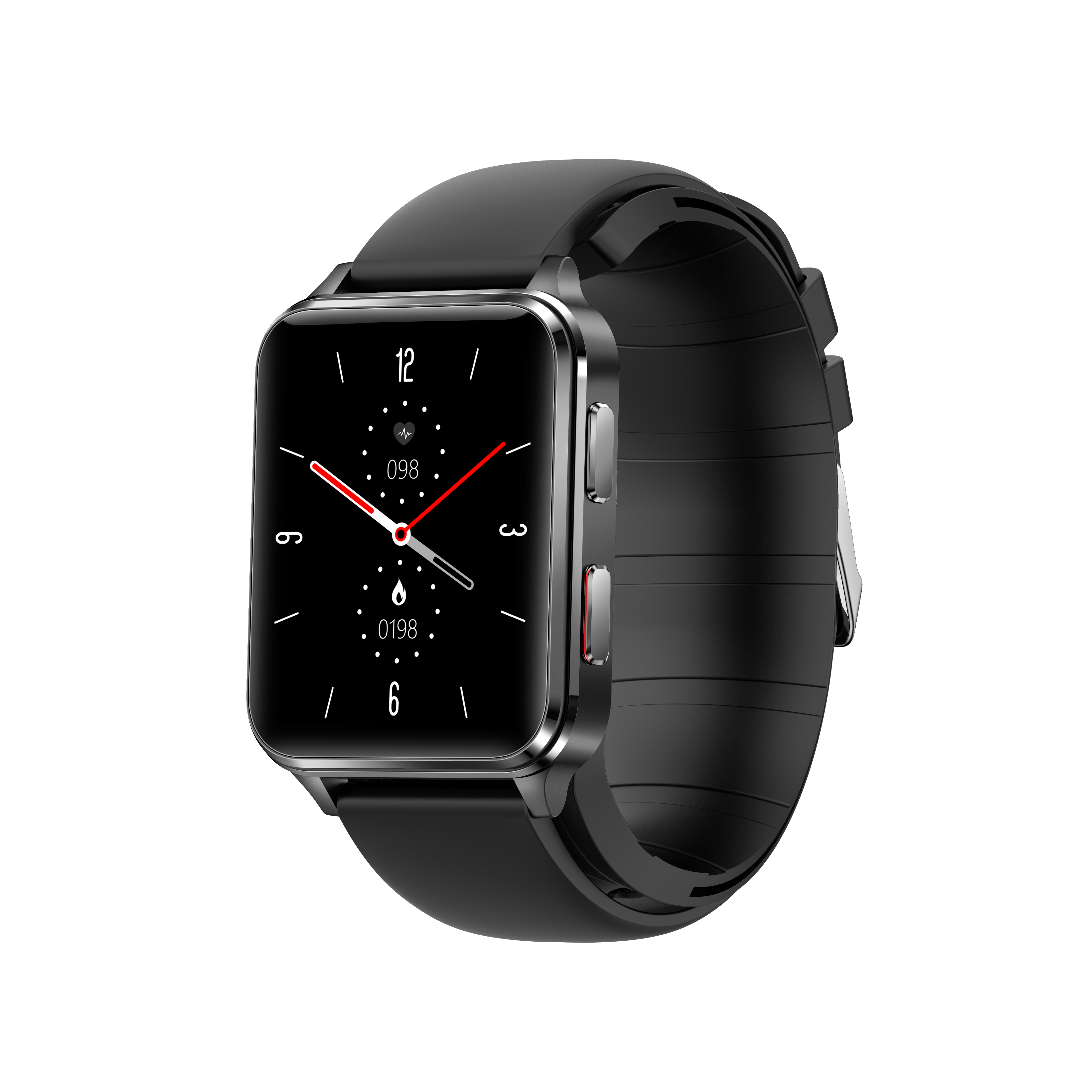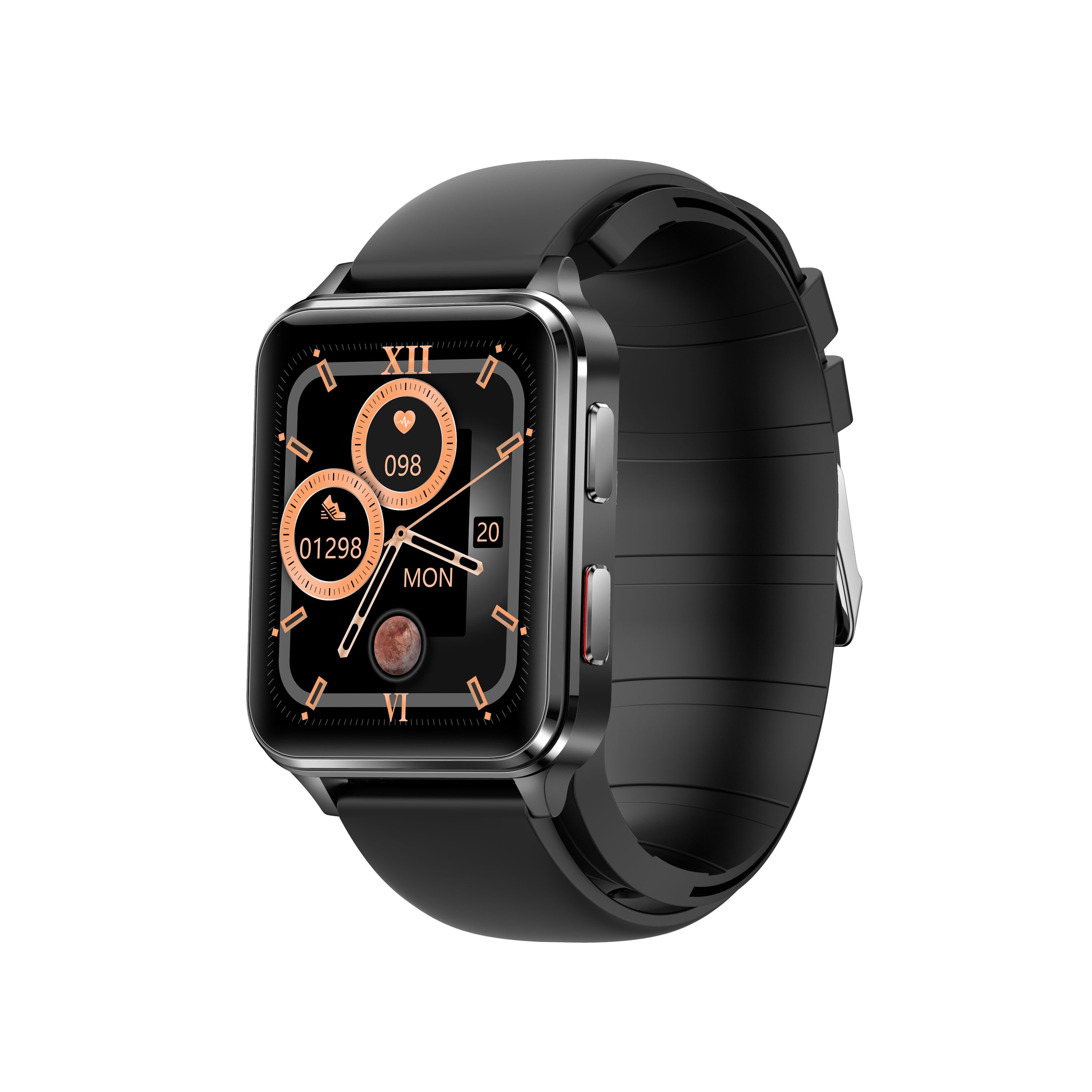What To Do About Insomnia?
Mar 31, 2023
Smart Watch Leather Band
Insomnia is a problem that many people will encounter. What is insomnia? How to eat can relieve insomnia? Let's take a look.
What is the definition of insomnia?
Insomnia is defined as having insomnia for at least 3 days a week, and symptoms such as fatigue, lethargy, emotional irritability, difficulty concentrating, or physical discomfort during the day, which affect study or work. Lasting less than 1 month is called acute insomnia, and more than 1 month is called chronic insomnia.
Further subdivided, insomnia can be divided into 3 types:
Difficulty falling asleep: taking more than 30 minutes to fall asleep after going to bed
Nocturnal waking: A total of 30 minutes or more in the middle of the night
Premature awakening: Waking up earlier than expected, more than 30 minutes and not being able to fall back asleep
5 common causes of insomnia
There are many causes of insomnia, common causes include:
Psychological factors: excessive worry, uneasiness, over-excitement, work anxiety, depression, excessive pressure, etc.
Lifestyle patterns: Smoking, caffeinated or other stimulant drinks before bed
Environmental factors: noise, light, mosquito bites, and high temperature in the environment can also affect falling asleep
Physiological factors: polyuria, cough, pain
Changes in biological clock: e.g. travel, jet lag
What to eat for insomnia?
To improve insomnia, you can eat foods with the following ingredients:
- Tryptophan
Tryptophan can regulate serotonin, help to relax, slow down nerve activity, and induce drowsiness. Foods containing tryptophan include milk, whole grains, nuts, beans, fish, eggs, bananas, etc.
- Vitamin B group
Vitamin B group can stabilize nerves and help sleep. Eggs, meat, fish, grains and roots, beans, and dark green vegetables are all rich in vitamin B group.
- Magnesium
Magnesium stabilizes nerves and muscles, and a magnesium deficiency can lead to anxiety and depression, both of which can interfere with sleep. Magnesium-containing foods include nuts, beans, milk, whole grains, and dark green vegetables.
- Calcium
Calcium can help the brain convert amino acids into tryptophan, and tryptophan can regulate serotonin, so calcium is closely related to sleep quality. Calcium-rich foods include milk, kelp, etc.
Want to know how your sleep is going? BP Smartwatch will tell you.












